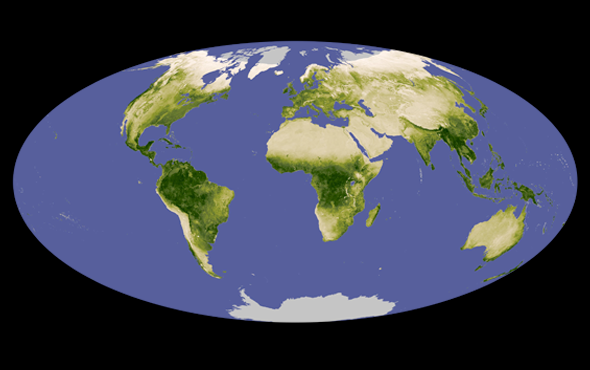Peru
Scientists declared a Liolaemus lizard the world's highest-altitude reptile after a population was spotted at 5,400 meters in the Andes. These lizards must endure frigid temperatures, a particular challenge for cold-blooded animals, as well as reduced oxygen and increased ultraviolet radiation.
Algeria
Analysis suggests a meteorite from the Sahara Desert contains material as old as, or older than, Earth itself. The meteorite holds the oldest-known sample of magma from space and most likely came from a protoplanet forming in the early solar system.
Egypt
An excavation on the Red Sea coast revealed what seems to be a pet cemetery from nearly 2,000 years ago, the earliest yet identified. Nearly 600 cats, dogs and monkeys—mostly cats—were carefully buried, many with textiles, pottery or ornate collars.
China
Researchers tested a new soft-body swimming robot first in a lake, next in the South China Sea, and finally in the Mariana Trench—almost 11,000 meters down—to prove it can flap its fins in extreme pressure as it explores the depths.
Borneo
Scientists captured dung beetles in a forest in Sabah, dissected them, then sequenced the DNA in their guts to find matches with nearby wildlife. Because dung lasts within the beetles for about 48 hours, this method can reveal a location's recent visitors and inhabitants.
New Zealand
Conservation rangers worked with hundreds of volunteers to “refloat” 40 stranded long-finned pilot whales, returning them to open water. Nine more of the beached whales died.

